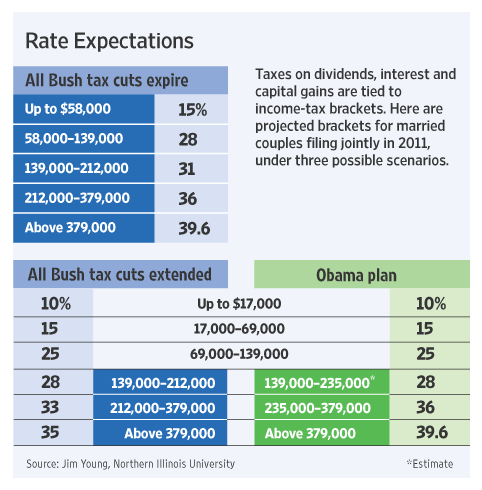haha
Give me a museum and I'll fill it. (Picasso) Give me a forum ...
Fidelity recently had an article on their web site about the allocation of balances between taxable, tax deferred (401k, IRA., etc.,) and tax free (Roth IRA, Roth 401k). We also touched on this from time to time on the forum, but I don't remember a recent thread addressing this directly.
I can't think of an unambiguous way to do a poll, so I thought I would try a straight discussion.
My accounts are 75% taxable, 18% tax deferred, and 7% tax free. The tax free accounts are due to recent conversions to Roths. I plan to go on converting my rollover IRA to Roth, but next year my RMDs and SS pmts will start, so any conversion will mostly be higher bracket. I wish I had more in Roths than I have at present, and that I had awakened to the conversion idea year or so earlier.
I am interested in seeing others %s, as well as any comments.
Ha
I can't think of an unambiguous way to do a poll, so I thought I would try a straight discussion.
My accounts are 75% taxable, 18% tax deferred, and 7% tax free. The tax free accounts are due to recent conversions to Roths. I plan to go on converting my rollover IRA to Roth, but next year my RMDs and SS pmts will start, so any conversion will mostly be higher bracket. I wish I had more in Roths than I have at present, and that I had awakened to the conversion idea year or so earlier.
I am interested in seeing others %s, as well as any comments.
Ha

